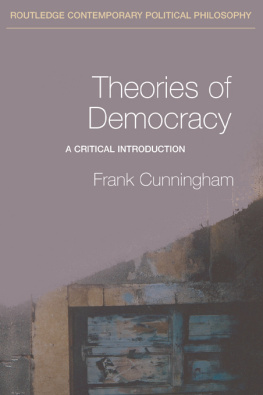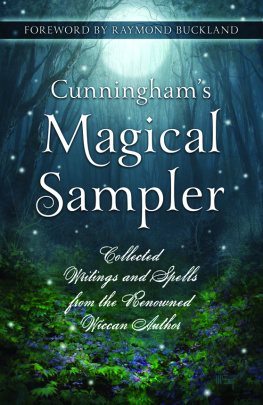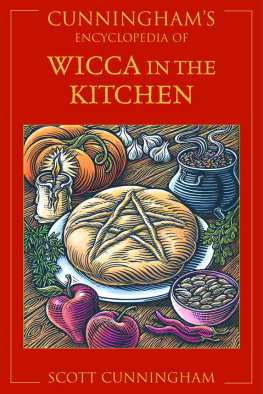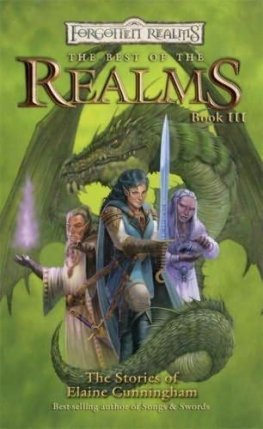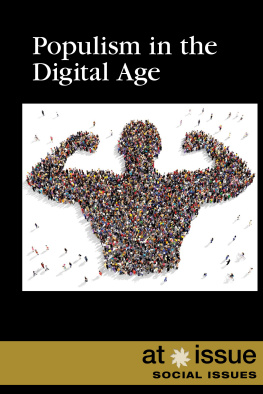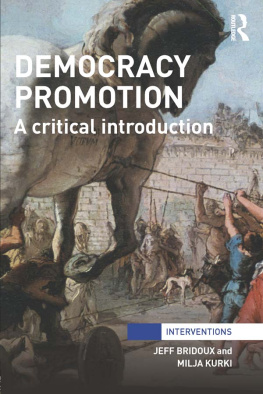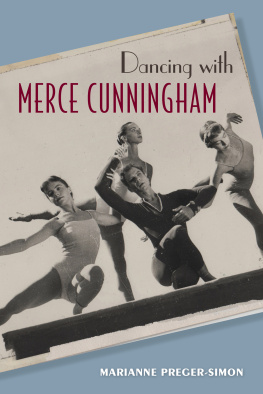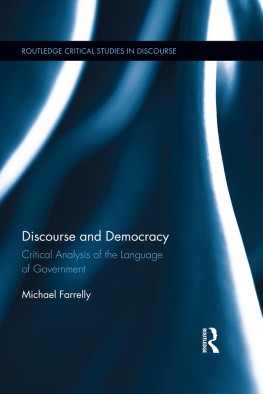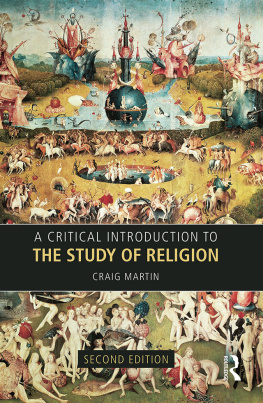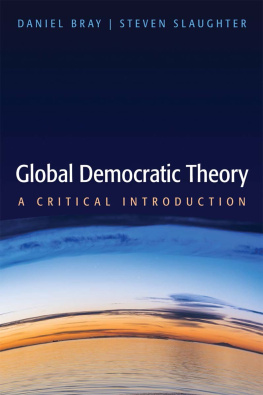Cunningham - Theories of Democracy A Critical Introduction
Here you can read online Cunningham - Theories of Democracy A Critical Introduction full text of the book (entire story) in english for free. Download pdf and epub, get meaning, cover and reviews about this ebook. publisher: Taylor & Francis (CAM), genre: Politics. Description of the work, (preface) as well as reviews are available. Best literature library LitArk.com created for fans of good reading and offers a wide selection of genres:
Romance novel
Science fiction
Adventure
Detective
Science
History
Home and family
Prose
Art
Politics
Computer
Non-fiction
Religion
Business
Children
Humor
Choose a favorite category and find really read worthwhile books. Enjoy immersion in the world of imagination, feel the emotions of the characters or learn something new for yourself, make an fascinating discovery.
- Book:Theories of Democracy A Critical Introduction
- Author:
- Publisher:Taylor & Francis (CAM)
- Genre:
- Rating:3 / 5
- Favourites:Add to favourites
- Your mark:
- 60
- 1
- 2
- 3
- 4
- 5
Theories of Democracy A Critical Introduction: summary, description and annotation
We offer to read an annotation, description, summary or preface (depends on what the author of the book "Theories of Democracy A Critical Introduction" wrote himself). If you haven't found the necessary information about the book — write in the comments, we will try to find it.
Theories of Democracy A Critical Introduction — read online for free the complete book (whole text) full work
Below is the text of the book, divided by pages. System saving the place of the last page read, allows you to conveniently read the book "Theories of Democracy A Critical Introduction" online for free, without having to search again every time where you left off. Put a bookmark, and you can go to the page where you finished reading at any time.
Font size:
Interval:
Bookmark:

Theories of Democracy
Theories of Democracy: a critical introduction is a comprehensive and accessible introduction to the main theories of democracy, covering the historical development of the many different forms and the problems faced by each.
Frank Cunningham begins with the development of democracy from ancient Greece to the present day, examining the views of prominent figures such as Aristotle, John Stuart Mill, Rousseau, Alexis de Tocqueville, and Schumpeter. He explains the main objections to democracy, including the challenges of majority tyranny, irrational decision-making procedures and ineffectual government. Cunningham distinguishes between several competing theories of democracy: liberal democracy, classic pluralism, catallaxy, participatory democracy, deliberative democracy, and radical pluralism. A detailed case study uses the example of globalization to show how the various democratic theories are concretely applied, and notes the strengths and weaknesses of the different theories in coping with the problem that globalization poses for democratic structures. Theories of Democracy contains three helpful discussion sections that concentrate on the recurrent themes of liberal democracy and capitalism, democracy and representation, and the value of democracy.
Clearly written and focusing on contemporary debate, Theories of Democracy provides an accessible introduction for the student or general reader and also makes an original contribution to contemporary political philosophy.
Frank Cunningham is a lecturer in the philosophy department at the University of Toronto. He is the author of Democratic Theory and Socialism (1987) and The Real World of Democracy (1994).
Routledge Contemporary Political Philosophy
Edited by David Archard, University of St Andrews
and Ronald Beiner, University of Toronto
Routledge Contemporary Political Philosophy is an exciting new series for students of philosophy and political theory. Designed for those who have already completed an introductory philosophy or politics course, each book in the series introduces and critically assesses a major topic in political philosophy. Long-standing topics are refreshed and more recent ones made accessible for those coming to often complex issues and arguments for the first time. After introducing the topic in question, each book clearly explains the central problems involved in understanding the arguments for and against competing theories. Relevant contemporary examples are used throughout to illuminate the problems and theories concerned, making the series essential reading not only for philosophy and politics students but those in related disciplines such as sociology and law. Each book in the series is written by an experienced author and teacher with special knowledge of the topic, providing a valuable resource for both students and teachers alike.
Forthcoming titles:
Multiculturalism
Ayelet Shachar
Equality
Melissa Williams
Public Reason and Deliberation
Simone Chambers
Theories of Democracy
A critical introduction
Frank Cunningham

First published 2002
by Routledge
2 Park Square, Milton Park, Abingdon, Oxon OX14 4RN
Simultaneously published in the USA and Canada
by Routledge
270 Madison Ave, New York, NY 10016
Reprinted 2005, 2006
Transferred to Digital Printing 2008
Routledge is an imprint of the Taylor & Francis Group, an informa business
2002 Frank Cunningham
Typeset in Goudy and Gill Sans by
Florence Production Limited, Stoodleigh, Devon
Printed and bound in Great Britain by
TJI Digital, Padstow, Cornwall
All rights reserved. No part of this book may be reprinted or reproduced or utilized in any form or by any electronic, mechanical, or other means, now known or hereafter invented, including photocopying and recording, or in any information storage or retrieval system, without permission in writing from the publishers.
British Library Cataloguing in Publication Data
A catalogue record for this book is available from the British Library
Library of Congress Cataloging in Publication Data
Cunningham, Frank, 1940
Theories of democracy: a critical introduction / Frank Cunningham.
p. cm. (Routledge contemporary political philosophy)
Includes bibliographical references and index.
1. Democracy. I. Title. II. Series.
JC423 .C794 2001
321.8dc21
2001034998
ISBN 10: 0-415-22878-6 (hbk)
ISBN 10: 0-415-22879-4 (pbk)
ISBN 13: 978-0-415-22878-7 (hbk)
ISBN 10: 978-0-415-22879-4 (pbk)
Contents
Figures
3 Voter/political party variations
(Downe 1957: 11819, 122)
4 Democratic rule-making variables
(Buchan and Tullock 1962: 71)
6 Domains of global democracy
(Saward 2000: 39)
Acknowledgements
This book was commissioned by David Archard and Ronald Beiner on behalf of Routledge to be an introduction to democratic theory addressed to an educated readership. The plan of the book is outlined at the beginning of . In its preparation I was aided by Professors Archard and Beiner themselves and by Nader Hashemi and the editoral staff of Routledge. I am also grateful to Derek Allen, H.D. Forbes, Joseph Heath, Lynda Lange, Chantal Mouffe, Richard Sandbrook, and Melissa Williams for valuable feedback on draft chapters. Though the book is by no means a publication of lectures, I have greatly profited from the stimulating and insightful contributions of my philosophy and political science students in a course on democratic theory at the University of Toronto over the past several years. My wife, Maryka Omatsu, generously endured me through another writing project, which, yet again, proved to be easier to undertake in anticipation than in fact.
Toronto
August 2001
Chapter 1
Introduction
This book aims to provide a map through a selection of contemporary democratic theories. As with an actual map, readers already familiar with the terrain will find it lacking in important detail, and as is known by students of cartography there are alternative and quite different strategies for organizing a map. Still, the book should give readers with little prior background in democratic theory one overall picture of the lay of the land. Or rather, it covers some land, as the map is not a global one, but is confined to democratic theories in Western Europe and North America and, even more narrowly, to theorists whose work is written in English or that have found their way into widespread publication in this language. The reason is not belief that no other important democratic theorizing is to be found, but simply because the book is prepared by an Anglo-North American, drawing upon the democratic-theoretical work of his own intellectual environment.
Just as a map indicates routes to a variety of destinations while remaining mute about which of them one should take or what to do on arrival, so this book will be more descriptive than prescriptive. At the same time, it would be naive of me or of readers to suppose that the discussions that follow are not influenced by my political values and democratic-theoretical proclivities. Partly to make these opinions transparent, (Democratic Pragmatism) will outline the perspective in terms of which I strive to make sense of democracy and democratic theories. It is adopted from the political theory explicated by John Dewey in his
Next pageFont size:
Interval:
Bookmark:
Similar books «Theories of Democracy A Critical Introduction»
Look at similar books to Theories of Democracy A Critical Introduction. We have selected literature similar in name and meaning in the hope of providing readers with more options to find new, interesting, not yet read works.
Discussion, reviews of the book Theories of Democracy A Critical Introduction and just readers' own opinions. Leave your comments, write what you think about the work, its meaning or the main characters. Specify what exactly you liked and what you didn't like, and why you think so.

